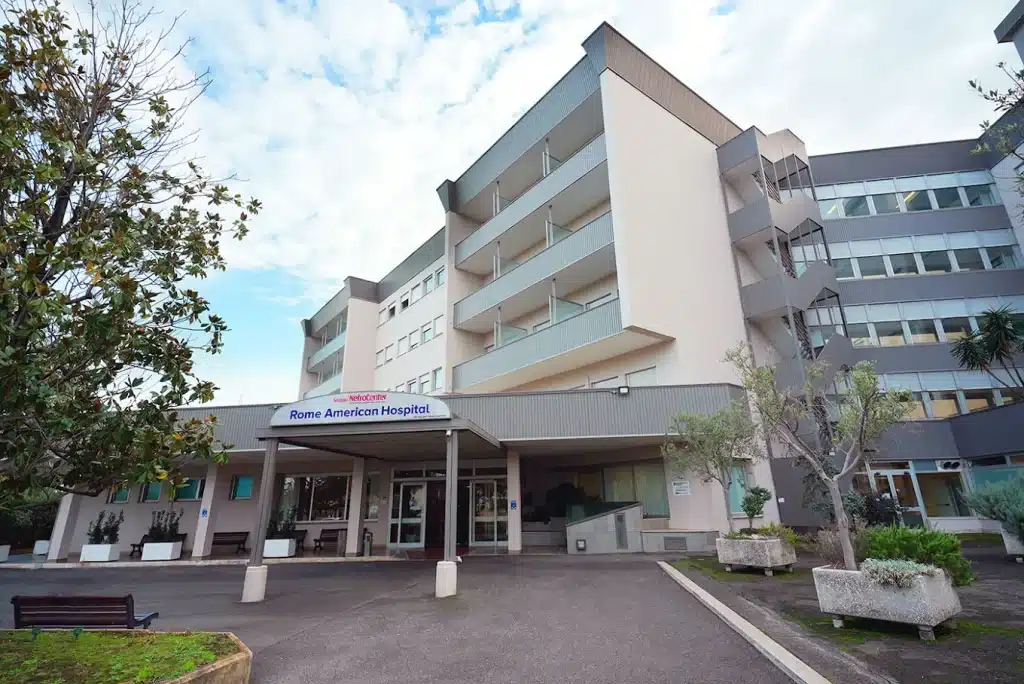Neuropsychology is the scientific and clinical discipline that studies the relationships between higher cognitive functions (such as memory, attention, language, perception, reasoning, executive functions) and the underlying brain structures. The intervention of the neuropsychologist is essential in various clinical contexts, both diagnostic and rehabilitative. Through the administration of standardized and specific neuropsychological test batteries, it is possible to conduct a detailed and quantitative assessment of the patient’s cognitive profile, identifying any deficits and areas of strength. This assessment is crucial for the early and differential diagnosis of cognitive disorders and dementias (such as Alzheimer’s disease, frontotemporal dementia, vascular dementia), distinguishing them from conditions like depression or normal aging. It is also vital for evaluating the cognitive outcomes of acquired brain injuries (strokes, head traumas, brain tumors, neurosurgical interventions) and for monitoring the progression of progressive neurological diseases (such as Parkinson’s or Multiple Sclerosis). In addition to diagnosis, neuropsychology is involved in the planning and implementation of neuropsychological rehabilitation programs (cognitive stimulation), aimed at enhancing residual functions, compensating for deficits, and improving the autonomy and quality of life of the patient and their family members.




